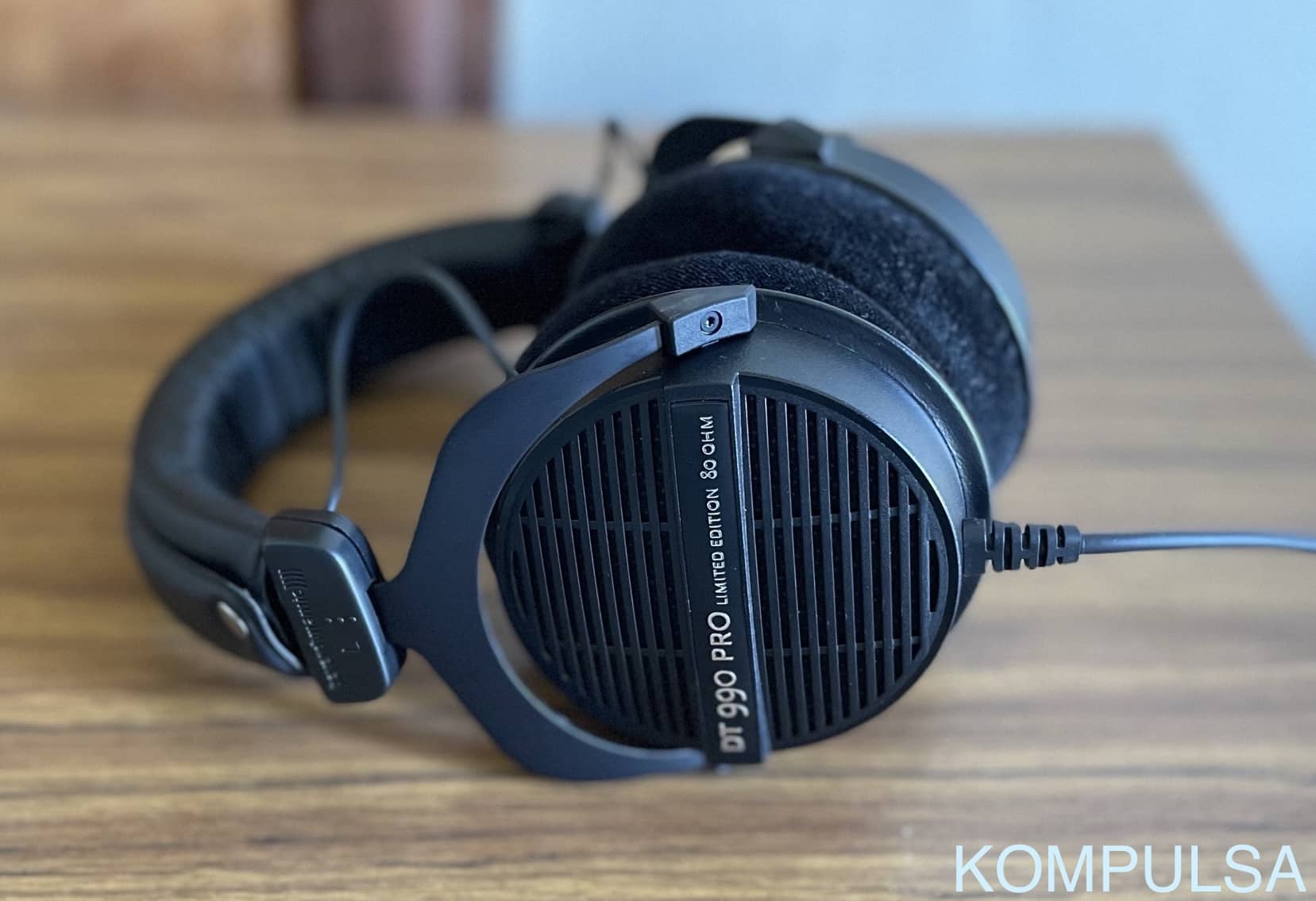The science of water may not sound particularly interesting, but it is unique in many ways. It falls out of the sky, it’s drinkable, and it keeps us alive! Below you can learn more about this fascinating and indispensable substance.
Molecular Formula Of Water
The molecular formula of water is H2O. The ‘H’ stands for hydrogen, the ‘O’ stands for oxygen. This formula means that there are two hydrogen atoms, and one oxygen atom in each water molecule.
Boiling Point Of Water
The boiling point of water is 100 °C at atmospheric pressure (1 atmosphere, or 14.7 PSI). In other words, it is 100 °C if it is exposed to the open air. The boiling point of water is dependent on the pressure of the environment it’s in. Raising the pressure of the environment (for example: a pressure cooker) water is in will raise its boiling point as well. On the other hand, lowering the pressure of the environment will reduce the boiling point of water.
Freezing Point Of Water
The freezing point of water is 0 °C (32 °F) at a pressure of 1 atmosphere (14.7 PSI). This means that water will freeze at any temperature below 0 °C. The freezing point of water is dependent on pressure, and will increase with pressure. This means it will freeze more easily at higher pressures.
How To Freeze Water Faster
You can accelerate freezing by increasing the pressure of the container the water is in.
Melting Point Of Water/Ice
Ice starts to melt at any temperature above 0 °C (32 °F).
How To Melt Ice Faster
You can accelerate melting by reducing the pressure of the container water is in, by adding salt to it if feasible, thawing it in a more thermally conductive container such as a metal or glass one, or of course: raising its temperature.
Heat Capacity Of Water
The heat capacity of water is 417.9 C (J/0C) for 100 g.




